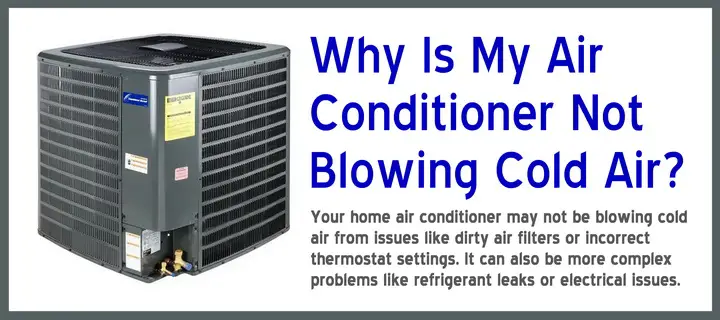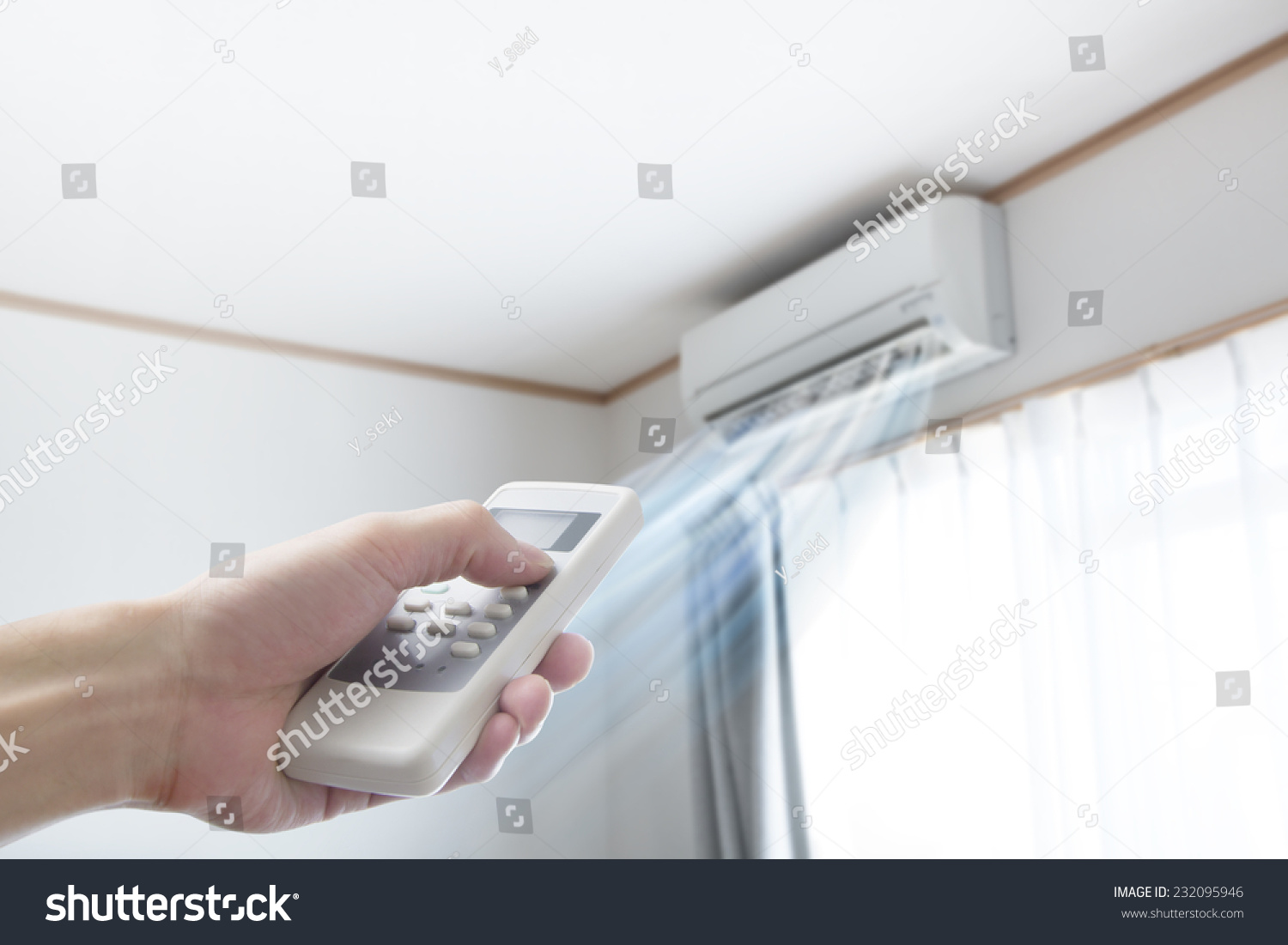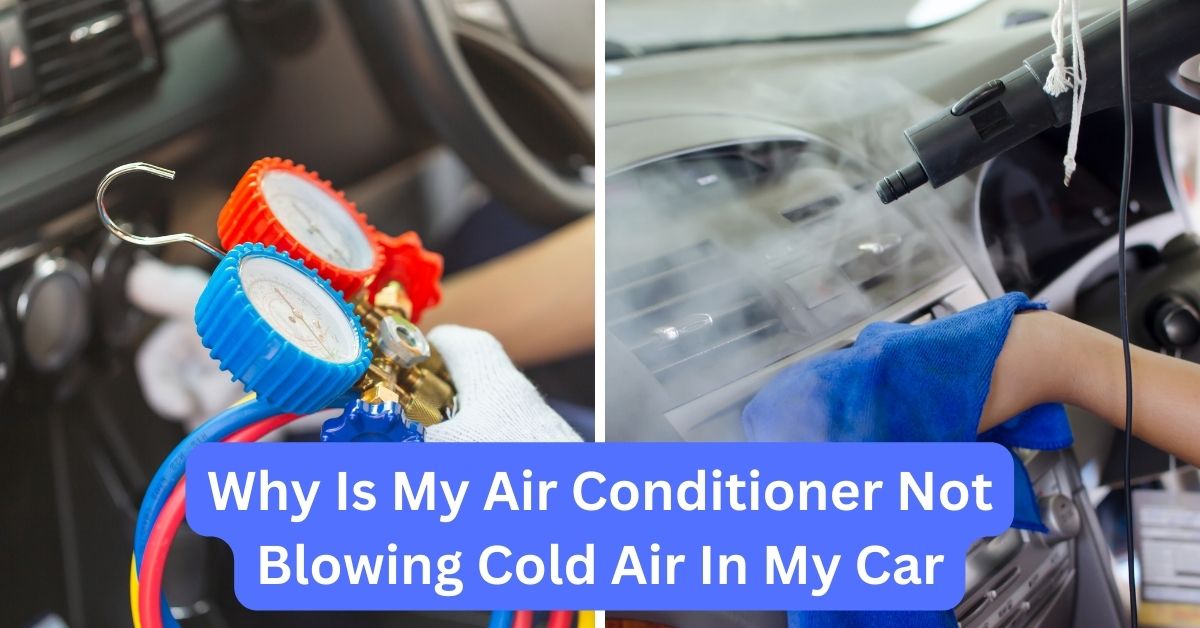Air Conditioner Blowing But Not Cold Air

The dreaded scenario: your air conditioner is running, the fan is blowing, but instead of a refreshing blast of cool air, you're getting… well, just air. This is a common HVAC issue, and understanding its causes is crucial for both homeowners and HVAC professionals. This article explores the reasons behind this problem, preventative measures, and the career opportunities available in addressing such challenges.
Understanding the Problem: Why is My AC Blowing Warm Air?
Several factors can lead to an air conditioner blowing warm air. Identifying the root cause is the first step toward a solution. Here are some of the most common culprits:
Refrigerant Leaks: The Lifeblood of Cooling
Refrigerant is the substance that absorbs heat from inside your home and releases it outside. A leak in the refrigerant line reduces the system's cooling capacity. EPA 608 certification is mandatory for technicians handling refrigerants, emphasizing the environmental responsibility associated with this aspect of HVAC work. A technician will use specialized tools to locate and repair the leak, followed by recharging the system with the correct type and amount of refrigerant.
"Refrigerant leaks not only impact cooling performance but also pose environmental concerns. Technicians with EPA 608 certification are in high demand."
Compressor Issues: The Heart of the System
The compressor is the engine of your AC unit, responsible for compressing the refrigerant and circulating it throughout the system. A failing compressor can drastically reduce cooling efficiency. Compressor issues are often complex and may require replacement of the entire unit. Diagnosing a compressor problem requires advanced diagnostic skills, making experienced technicians invaluable.
Dirty Air Filter: A Simple Fix, Often Overlooked
A clogged air filter restricts airflow, forcing the AC unit to work harder and reducing its cooling capacity. This is one of the easiest problems to fix. Regular air filter replacement (typically every 1-3 months, depending on usage and filter type) can prevent this issue and improve overall AC performance. This simple maintenance task is often delegated to entry-level technicians or even homeowner education programs, showcasing the importance of basic HVAC knowledge.
Dirty Condenser Coils: Heat Exchange Hindered
The condenser coils, located outside the unit, release heat. If these coils are covered in dirt, debris, or vegetation, they cannot efficiently release heat, leading to reduced cooling. Regularly cleaning the condenser coils with a garden hose (being careful not to damage the fins) can improve performance. This is another area where preventative maintenance plays a key role.
Blocked or Leaky Ductwork: Wasted Airflow
Damaged or poorly sealed ductwork can result in significant air loss. Conditioned air escapes before it reaches its intended destination, making the system less efficient. Inspecting and sealing ductwork requires specialized tools and techniques. This is a growing area of specialization within the HVAC industry, driven by increasing energy efficiency standards.
Frozen Evaporator Coils: A Result of Restricted Airflow
Restricted airflow, often due to a dirty air filter or a blocked duct, can cause the evaporator coils (located inside the air handler) to freeze. Ice buildup prevents the coils from absorbing heat, leading to warm air. Addressing the underlying airflow problem and allowing the coils to thaw is the solution.
HVAC Career Paths and Certifications
The HVAC industry offers diverse career paths, from entry-level technicians to highly specialized engineers and consultants. Certifications play a crucial role in career advancement and earning potential.
Entry-Level Technician: The Foundation
Entry-level technicians typically start with on-the-job training or vocational school programs. They assist experienced technicians with installations, maintenance, and repairs. Common tasks include replacing air filters, cleaning coils, and assisting with refrigerant charging (under supervision). The median salary for HVAC mechanics and installers in 2022 was around $51,390 per year, according to the Bureau of Labor Statistics (BLS). This role provides a solid foundation for further career growth.
HVAC Technician: Skilled Problem Solvers
Experienced HVAC technicians possess the skills and knowledge to diagnose and repair complex AC problems. They are proficient in troubleshooting electrical systems, refrigerant circuits, and mechanical components. NATE (North American Technician Excellence) certification is highly valued by employers and demonstrates a technician's competence. The job outlook for HVAC mechanics and installers is projected to grow 6 percent from 2022 to 2032, about as fast as the average for all occupations, according to the BLS. This reflects the ongoing demand for qualified HVAC professionals.
HVAC Installer: Precision and Expertise
HVAC installers specialize in installing new AC systems, furnaces, and ventilation systems. They must be proficient in reading blueprints, soldering pipes, and ensuring proper system performance. This role often involves working on construction sites and requires strong problem-solving skills. Salaries for installers can vary based on experience and location.
HVAC Service Manager: Leading the Team
Service managers oversee the day-to-day operations of an HVAC service department. They are responsible for scheduling technicians, managing customer relationships, and ensuring high-quality service. This role requires strong leadership and communication skills.
HVAC Engineer: Design and Innovation
HVAC engineers design and develop new HVAC systems and components. They use their knowledge of thermodynamics, fluid mechanics, and heat transfer to create energy-efficient and reliable systems. This role typically requires a bachelor's degree in mechanical engineering or a related field.
The Importance of Certifications
Certifications like NATE, EPA 608, and industry-specific certifications from manufacturers demonstrate a technician's competence and commitment to professional development. These certifications can lead to higher salaries, more job opportunities, and greater career advancement potential.
For example, a technician with NATE certification is often seen as more qualified and reliable by customers and employers. This can translate into higher earning potential and increased job security. The EPA 608 certification is legally required for technicians handling refrigerants and is crucial for preventing environmental damage.
Salary Expectations in the HVAC Industry
Salary ranges in the HVAC industry vary depending on experience, location, certifications, and specialization. Entry-level technicians can expect to earn around $35,000 to $45,000 per year, while experienced technicians with certifications can earn $60,000 to $80,000 or more. Service managers and engineers can earn even higher salaries, often exceeding $100,000 per year.
"Investing in training and certifications is a strategic move for HVAC professionals seeking career advancement and higher earning potential."
Preventative Maintenance: A Win-Win for Everyone
Regular preventative maintenance is crucial for ensuring the optimal performance and longevity of AC systems. This includes tasks such as:
- Replacing air filters regularly
- Cleaning condenser coils
- Inspecting ductwork for leaks
- Checking refrigerant levels
- Lubricating moving parts
Offering preventative maintenance contracts can be a lucrative business for HVAC companies. It provides a steady stream of revenue and helps to build long-term relationships with customers. It also reduces the likelihood of major breakdowns and costly repairs, saving customers money in the long run.
The Future of the HVAC Industry
The HVAC industry is constantly evolving, with new technologies and regulations emerging regularly. The increasing focus on energy efficiency and sustainability is driving demand for highly skilled technicians who can install and maintain advanced HVAC systems. Smart thermostats, variable-speed compressors, and geothermal heat pumps are just a few examples of the innovations shaping the future of the industry. Adapting to these changes and acquiring new skills will be essential for HVAC professionals seeking to thrive in the years to come.
The HVAC field presents a stable career outlook. The increasing awareness of energy efficiency and the growing demand for indoor air quality solutions will continue to fuel the industry. For those who are passionate about problem-solving, enjoy working with their hands, and are committed to continuous learning, the HVAC industry offers a rewarding and fulfilling career path. Whether it's diagnosing why an AC is blowing warm air or designing the next generation of energy-efficient cooling systems, HVAC professionals play a vital role in ensuring the comfort and well-being of communities worldwide.










